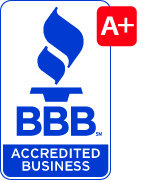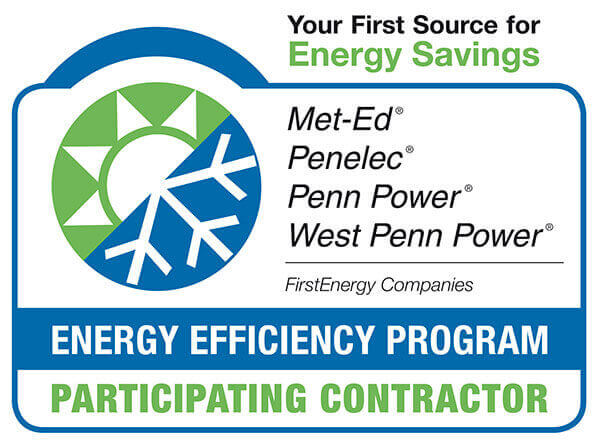FAQs
Q: What does HVAC stand for?
A: HVAC means heating, ventilation, and air conditioning.
Q: What kind of routine maintenance do I need to do on my cooling and heating system?
A: As a house owner, taking care of your system is definitely not brain surgery. There are a number of factors that you will need to always remember. The key element to always remember is proper airflow. This means that you need to check your air filters regularly and replace them out when they are dirty. It also suggests that you need to make sure that your air vents aren’t hindered by items such as home furnishings. In fact, don’t even close up air vents to rooms that are less regularly used. You are making your system run more than need be, using more power to do so, and throwing away money. Finally, don’t forget to arrange an annual tune-up on your AC system. This really should be carried out in the springtime. Plan an annual tune-up on your heating unit in the autumn season.
Q: Why do I need to replace my air filter?
A: Replacing your air filter is one of the essential aspects to an effective working HVAC system. It makes it possible for your system to have air flow. An added benefit is that it also improves interior air quality by keeping your home free from dust, allergens, and germs. The frequency of changing your filter varies depending on the type of filter that you buy. Some require monthly replacement whereas, others may need to be changed more often. Also, the climate in which you live also makes a difference . A qualified Closter HVAC company will be able to inform you on what style of filter works best for your type of system.
Q: How do I identify when my AC, furnace, or HVAC system is still under warranty?
A: Determining whether your warranty is still current or not will help you figure out if a needed repair job will be covered. The age of your unit typically determines if it is covered by your manufacturer’s warranty. If it is no more than 5 years old, then your manufacturer’s warranty is generally still active. If it is more than 5 years old, then it, more than likely, is not. This, of course, depends on the manufacturer and the company that installed your system. You can always call SOS XTREME Comfort®, a qualified Closter HVAC company, to let you know the status of your warranty.
Q: What are the sources of indoor air pollution?
A: Factors to indoor air pollution can differ. Some might actually amaze you. Certain items in your household have substances that release fumes or gases. These include:
- Carpet
- Household furniture
- Drapes or window curtains
- Upholstery
- Cleaning products
Since newer homes are constructed so tightly, they do not breathe as well as older homes do. While this may make for an incredibly energy efficient home, it also promotes to indoor air pollution. The build-up of gases and fumes lead to indoor air pollution. This can be minimized by having an HVAC system that allows proper airflow. With a whole house ventilation system, a house owner can appreciate an incredibly energy efficient home without the problem of indoor air pollution.
Q: How does my HVAC system force air around my home?
A: Your HVAC system generally operates by drawing air through your air vents. This air, then travels to your system’s air handler. The conditioned air is then pushed back into your home through your air vents or registers. These vents are generally found on your walls. In many cases, they are located on your ceilings or floors.
Q: Should I cover up my exterior unit throughout the wintertime?
A: Your outdoor machine should not be covered during the winter. Even when a blizzard is expected, your machine can handle it. These cooling and heating systems are designed to tolerate even the chilliest of weather conditions. Covering it can create some unforeseen complications. If someone were to accidentally turn on the air conditioning system, it can damage the condenser and its parts.
Q: What should I set my thermostat to: on or auto?
A: You need to choose the ‘auto setting’. This means that air will be distributed throughout your home on an ‘as need’ basis. It is the more energy efficient setting of the two. When you set your thermostat to the ‘on’ position, it runs constantly. Although this produces a balanced temperature throughout your home, it also uses a lot more power. It is most effective to use the ‘auto’ setting so that you don’t have high home heating and air conditioning costs.
Q: Will an updated Closter HVAC system lower my electrical bills?
A: New HVAC systems are even more efficient than their prior comparable versions were. By requirement, they need to have a 13 SEER or Seasonal Energy Efficiency Ratio. This means that they are exceptionally energy efficient. There are even styles that have a much higher SEER rating than 13. The higher the rating, the more energy efficient that it is. With a 13 SEER, you can save as high as 50% on operating fees.
Q: My furnace/air conditioner does work although it is old. Why should I removed and replace it?
A: Although your heating and cooling system is functioning, when it is over 12 years old, it quits working as properly. Therefore, you are paying more on your monthly utility bill in order for it to keep your house comfortable. New systems can save as much as 50% on operating expenses so they pay themselves off in a very short time. It might possibly not be an expense that you anticipated but you will be glad that you did. An additional benefit of a new unit is that it will keep your home more comfortable.
Q: Can I close off doorways and air vents to rooms that aren’t typically used?
A: Do not shut spaces or air vents. Though it may feel like common sense, it is a waste of your money. Your unit is matched to the duct system on your property. When you shut off spaces, it produces a lot of pressure and ramps up your blower, the heart of your HVAC system. This causes it to be less efficient and increases your home electric charges.












